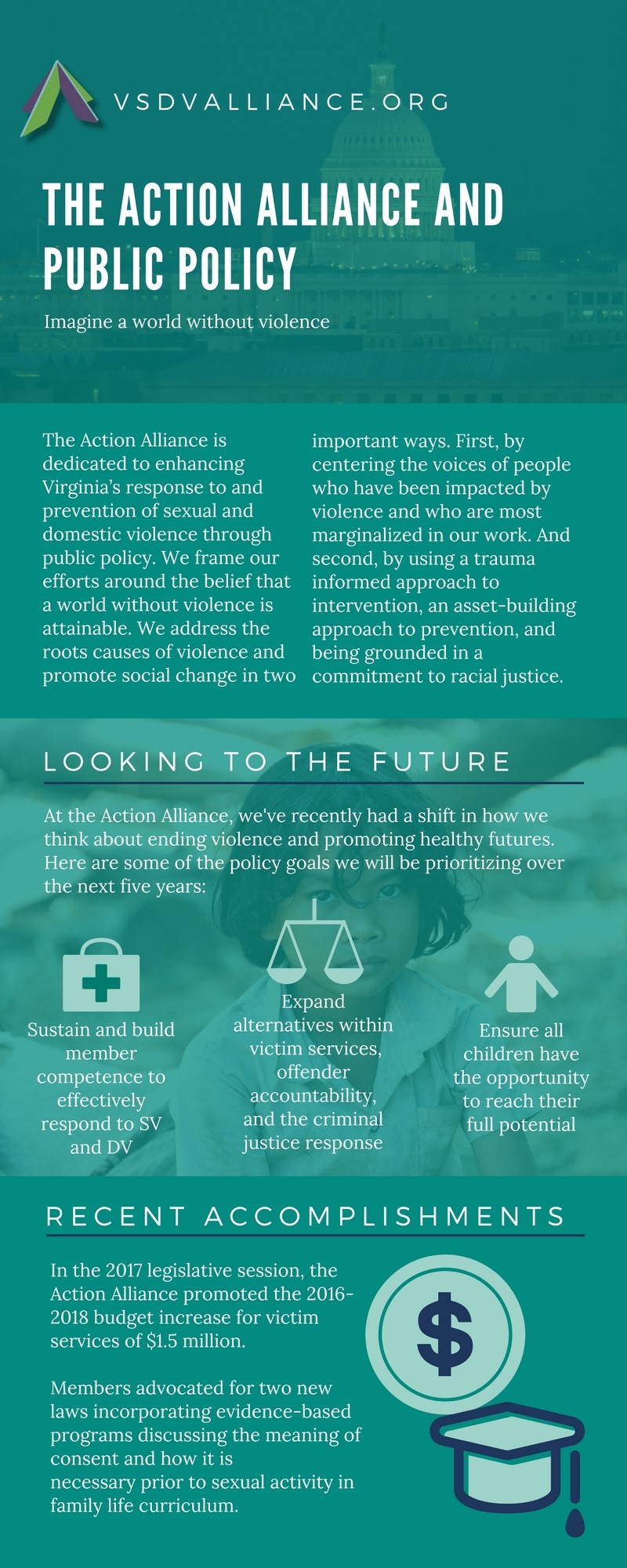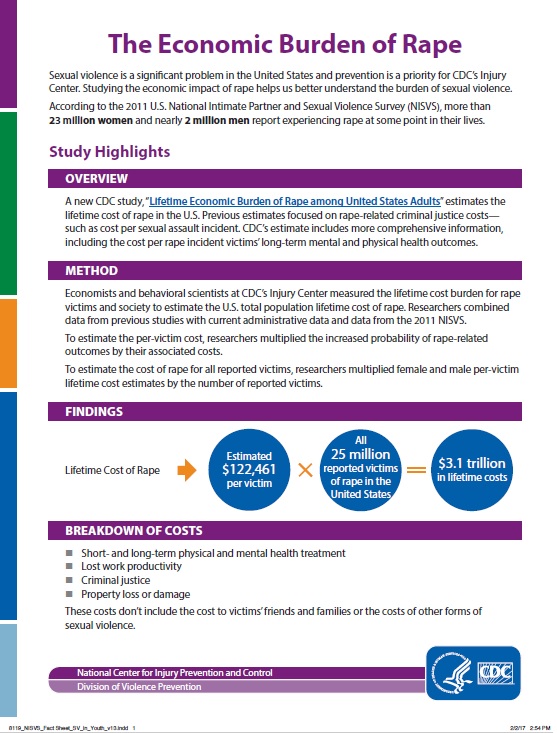Resources Library: Advocates
Start a Search:
Technology Safety Planning with Survivors
Technology has a major impact on survivors of abuse. It can be used by a survivor to access help, to strategically maintain safety and privacy, and to remain connected to family and friends. It is often used to prove guilt and hold offenders accountable. Yet, technology, in its various forms, is also misused by abusers and perpetrators in crimes of domestic violence, sexual assault, stalking, and trafficking. The National Network to End Domestic Violence has developed Technology Safety Planning with Survivors to address how technology impacts the safety, privacy, accessibility, and civil rights of victims.
Texting with Survivors Best Practices
Text messaging has become a quick and convenient communication tool to relay short, simple messages, or provide limited timely information. In places that have limited cell service or cell tower signal strength, text messages may be more reliable than connecting through cell phone voice services. However, there are safety, privacy, and confidentiality issues associated with using text messaging that need considered.
Check out this blog from the National Network to End Domestic Violence (NNEDV) on suggested best practices to maintain safety, privacy, and confidentiality.
The Action Alliance and Public Policy
The Action Alliance is dedicated to enhancing Virginia's response to and prevention of sexual and domestic violence through public policy. This infographic highlights a few of our public policy priorities for the next five years.

The Economic Burden of Rape - a CDC Report
 Sexual violence is a significant problem in the United States and prevention is a priority for CDC’s Injury Center. Studying the economic impact of rape helps us better understand the burden of sexual violence. According to the 2011 U.S. National Intimate Partner and Sexual Violence Survey (NISVS), more than 23 million women and nearly 2 million men report experiencing rape at some point in their lives.
Sexual violence is a significant problem in the United States and prevention is a priority for CDC’s Injury Center. Studying the economic impact of rape helps us better understand the burden of sexual violence. According to the 2011 U.S. National Intimate Partner and Sexual Violence Survey (NISVS), more than 23 million women and nearly 2 million men report experiencing rape at some point in their lives.
A new CDC study, “Lifetime Economic Burden of Rape among United States Adults” estimates the lifetime cost of rape in the U.S. Previous estimates focused on rape-related criminal justice costs—such as cost per sexual assault incident. CDC’s estimate includes more comprehensive information, including the cost per rape incident victims’ long-term mental and physical health outcomes.
Click below to download the report of the study or the summary infographic.
The Gold Standard? Comparing Privacy in HIPAA, VAWA, FVPSA, & VOCA webinar
(as presented by NNEDV and the Safety Net team on 10/18/2016)
HIPAA, VAWA, VOCA, and FVPSA all require protection of identifying information. But are they the same? Which is more protective? Is there a "gold standard" to follow? NNEDV's Safety Net team took an indepth look at the similarities and differences between privacy standards set by HIPAA and those required by VAWA, FVPSA, and VOCA, offering expert insight into how to check if programs are actually following appropriate and applicable privacy laws regarding client information and data, as well as clarity about the underlying goals of these federal laws and understand how they differ.
If you were unable to attend this webinar, the recorded version of the webinar is available at https://youtu.be/qCJagGiGiMQ.
Additional materials, handouts, and templates that you can adapt (such a model release forms and MOUs) can be found in their Confidentiality Toolkit at www.techsafety.org/confidentiality.

